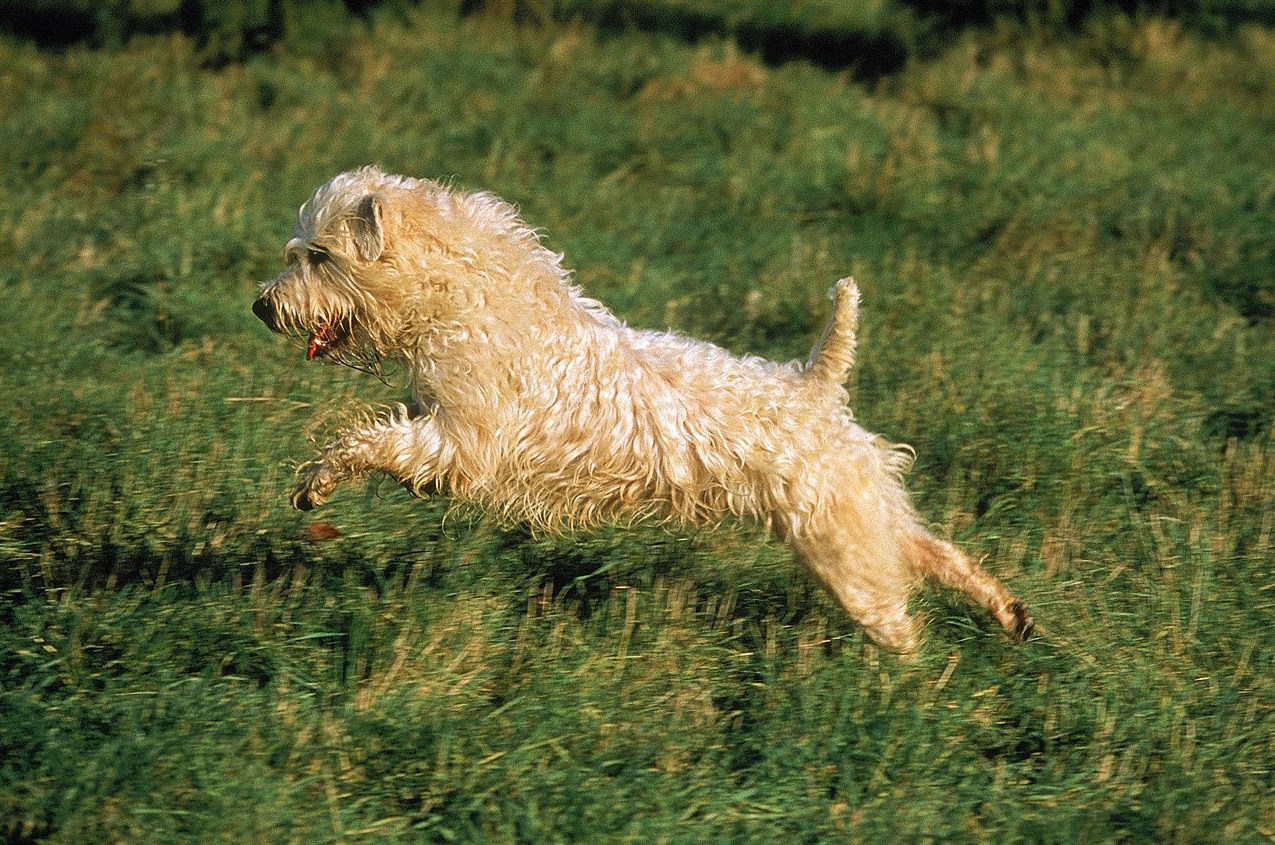Feeding Habits and Food Requirements of the Soft-Coated Wheaten Terrier

Proper nutrition is essential for the health and well-being of the Soft-Coated Wheaten Terrier. Understanding their feeding habits and dietary needs is crucial to ensure they thrive.
Age-Appropriate Nutrition
Soft-Coated Wheaten Terriers, like all dogs, have different nutritional requirements at different stages of life. Puppies need a diet that supports growth and development, while adult dogs require a balanced diet to maintain their overall health. Senior dogs may have specific dietary needs related to ageing.
High-Quality Dog Food
Select a high-quality commercial dog food that meets the nutritional standards set by reputable organisations like the Association of American Feed Control Officials (AAFCO). Look for a food that lists a protein source (e.g., chicken, beef, or lamb) as the first ingredient.
Portion Control
Determine the appropriate portion size for your Soft-Coated Wheaten Terrier based on their age, activity level, and size. Overfeeding can lead to obesity, while underfeeding can result in malnutrition.
Avoid Overfeeding Treats
Be mindful of the treats you give your Wheaten Terrier. Excessive treats can add unnecessary calories to their diet. Use treats sparingly for training and rewards.
Regular Feeding Schedule
Establish a consistent feeding schedule for your Wheaten Terrier. Feeding them at the same times each day helps regulate their digestion and can make housebreaking and training easier.
Fresh Water
Ensure your dog has access to fresh, clean water at all times. Hydration is essential for overall health.
Dietary Considerations
Some Soft-Coated Wheaten Terriers may have specific dietary considerations, such as food allergies or sensitivities. If you suspect your dog has a food allergy or digestive issues, consult your veterinarian for guidance on selecting an appropriate diet.
Special Dietary Needs
Pregnant or nursing females, puppies, and senior dogs may require special diets tailored to their unique needs. Consult your vet for recommendations during these life stages.
Avoid Table Scraps
While it may be tempting to share food from your table, it's best to avoid feeding your Wheaten Terrier table scraps. Many human foods are not suitable for dogs and can be harmful.
Monitor Weight and Health
Regularly monitor your Soft-Coated Wheaten Terrier's weight and overall health. Adjust their diet as needed to maintain a healthy body condition.
Consult Your Veterinarian
Your veterinarian is an excellent resource for guidance on your Wheaten Terrier's diet. They can recommend the best type of food, portion sizes, and any necessary dietary supplements.
In conclusion, providing proper nutrition and following a balanced feeding plan is crucial for the health and longevity of your Soft-Coated Wheaten Terrier. By selecting high-quality dog food, maintaining portion control, and consulting with your veterinarian as needed, you can ensure that your Wheaten Terrier receives the nutrients they need to lead a happy and healthy life.
Soft-Coated Wheaten Terrier puppies for sale
- Find Soft-Coated Wheaten Terrier puppies for sale in ACT
- Find Soft-Coated Wheaten Terrier puppies for sale in NSW
- Find Soft-Coated Wheaten Terrier puppies for sale in NT
- Find Soft-Coated Wheaten Terrier puppies for sale in QLD
- Find Soft-Coated Wheaten Terrier puppies for sale in SA
- Find Soft-Coated Wheaten Terrier puppies for sale in TAS
- Find Soft-Coated Wheaten Terrier puppies for sale in VIC
- Find Soft-Coated Wheaten Terrier puppies for sale in WA